What is the Best Carrier Oil for CBD?
Summarize
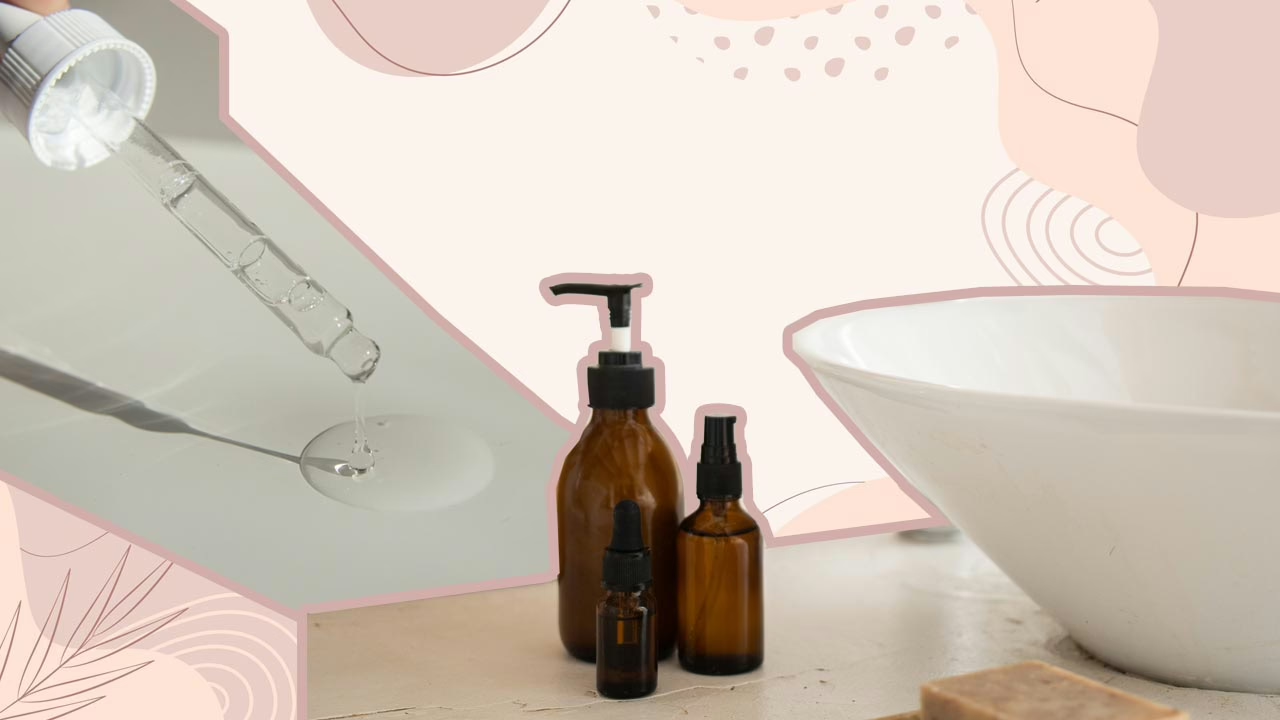
Table of Contents
What Are Carrier Oils?
Reading the labels on CBD oil products, you will see the name of the oil in addition to CBD oil. The other oil is called carrier oil, and it has an important role in helping you enjoy the full benefits of CBD. A CBD carrier oil is a vegetable oil that is extracted from the fatty plant parts, and its job is to help you absorb the CBD oil.
Benefits of CBD Carrier Oils
CBD is lipophilic, which means it dissolves in fats rather than water. The body will resist absorption of CBD oil without a carrier oil which means most of the CBD will simply pass through the digestive system.
The carrier oils that are combined with CBD oil are plant-derived fatty oils for this reason. The carrier oil acts like a solvent, dissolving the hemp plant compounds so your body can absorb them easier. Fat-soluble compounds like CBD need assistance in order to reach the bloodstream.
The benefits of CBD carrier oils include:
- Improves CBD bioavailability
- Natural scent
- Mild taste that offsets strong CBD oil taste
- Not volatile
- Improves stability of CBD and other cannabinoids
- Unsaturated fats from plants have proven health benefits
- Makes accurate dosing easier because a predictable amount of CBD is added to the CBD oil and measuring the dosage is easier with the combined oils
Common Carrier Oils
1. MCT Oil
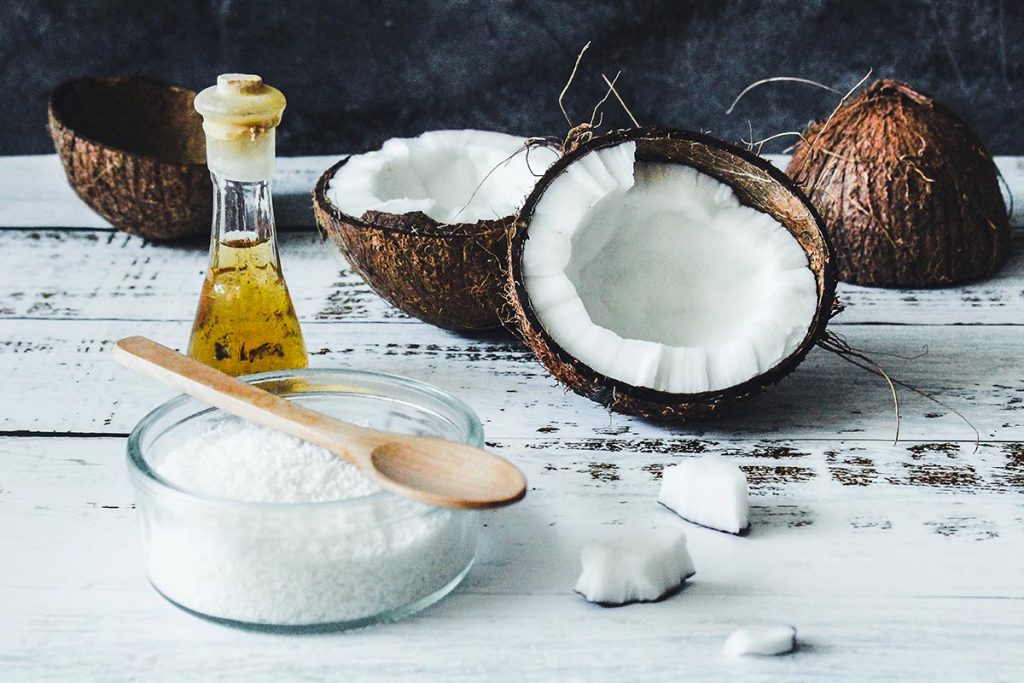
MCT is the acronym for medium-chain triglyceride. MCT is found in high concentrations in coconut, palm kernels and some other seeds. For this reason, MCT oil is commonly derived from coconuts and palm kernels and is one of the most common carrier oils combined with CBD oil. MCTs are good with CBD oils because the shorter structure, compared to long-chain fatty acids, is more easily absorbed in the digestive tract.
CBD coconut oil is the most common carrier oil mixture. It may be called fractionated coconut oil on CBD oil product labels. Fractionated coconut oil is oil in which longer fat molecules are removed to leave only the MCTs.
Pros
- Improves bioavailability of the CBD because it is quickly broken down in the liver, making the excess easily absorbed by the intestine
- Nearly flavorless
- Colorless and odorless
- Medium-chain triglycerides are fatty acids (saturated fats) that are easier to digest compared to other oils and are easily absorbed into the skin
- Thinner oil
- Long shelf life
Cons
- May lead to digestive side effects in some people
- Highly processed because it is first fractionated and then further processed which removes some of the healthy phytonutrients
- Low content of omega-3 fatty acids which research has shown provide many health benefits
2. Hemp Seed Oil
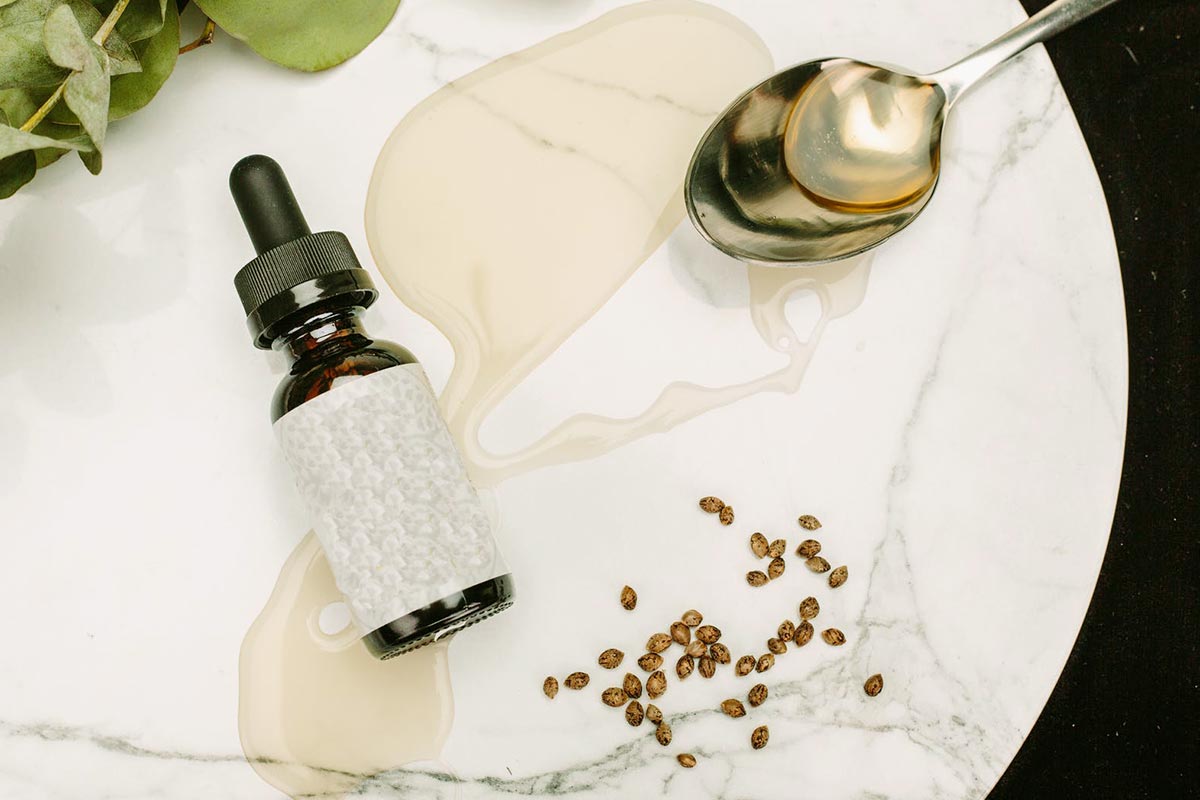
There are plenty of carrier oil options when you want CBD without coconut oil to avoid saturated fats. Hemp seed oil is one of them. It is made from hemp seeds, while CBD is extracted from the hemp flower and other plant parts.
Pros
- Rich in omega-3 and omega-6 fatty acids
- High concentration of plant-based protein
- Combining hemp oil with CBD oil may produce the entourage effect because all hemp plant parts are used
- Contains some minerals like iron and magnesium
Cons
- Has a grassy smell and taste which some people do not like
- Hemp seeds contain fewer cannabinoids and terpenes compared to flowers
- Compared to MCT oil, it has a lower solvency
3. Palm Oil

Palm oil is similar to MCT oil. In fact, palm kernel oil is used to make MCT oil. It is extracted from African oil palm fruit.
Pros
- Smaller fat molecules of MCT oil from palm oil is easily absorbed by the body
- Rich in the saturated fat palmitic acid
- High in monounsaturated fat (40 percent), a healthy kind of fat
- Contains vitamins A and E
Cons
- Excessive harvesting of palm kernel plants is harming the environment, so buy products with sustainability sourced palm oil
- Highly processed
- Contains 50 percent saturated fat which is unhealthy fat
4. Olive Oil
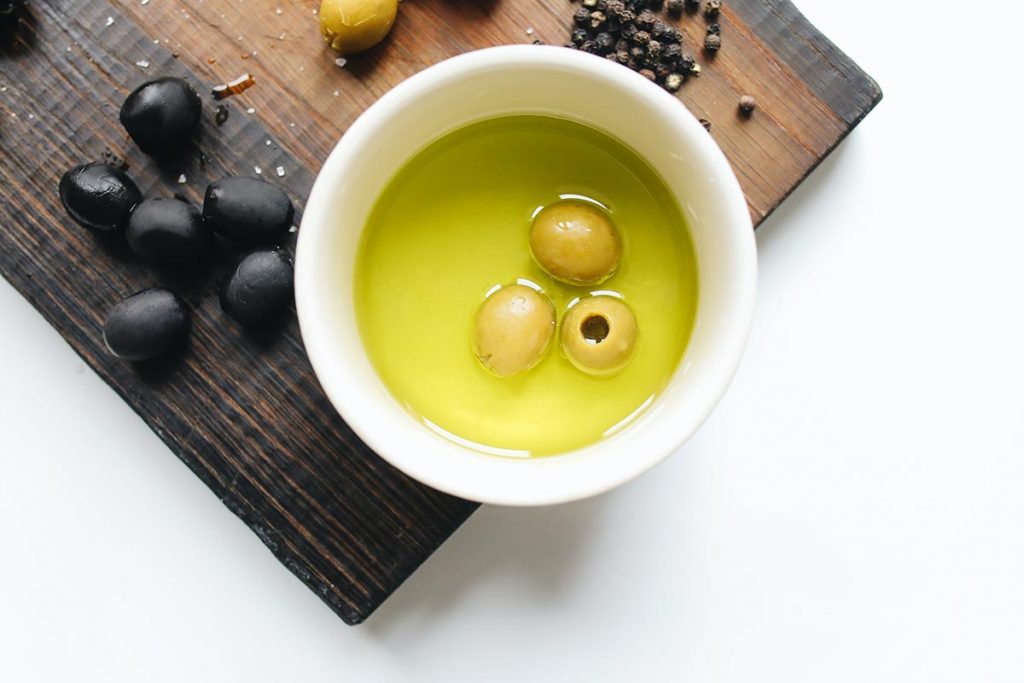
Olive oil is made by crushing olives into a pulp. The natural oil is then separated from the pulp.
Pros
- Rich in omega-3 and omega-6 fatty acids
- High in oleic acid
- Rich in antioxidants
- Faster skin absorption compared to MCT oil
Cons
- Not as easy to digest as some other oils
- Has a distinctive strong flavor that some people find disagreeable
- Thicker consistency than other carrier oils
5. Avocado Oil
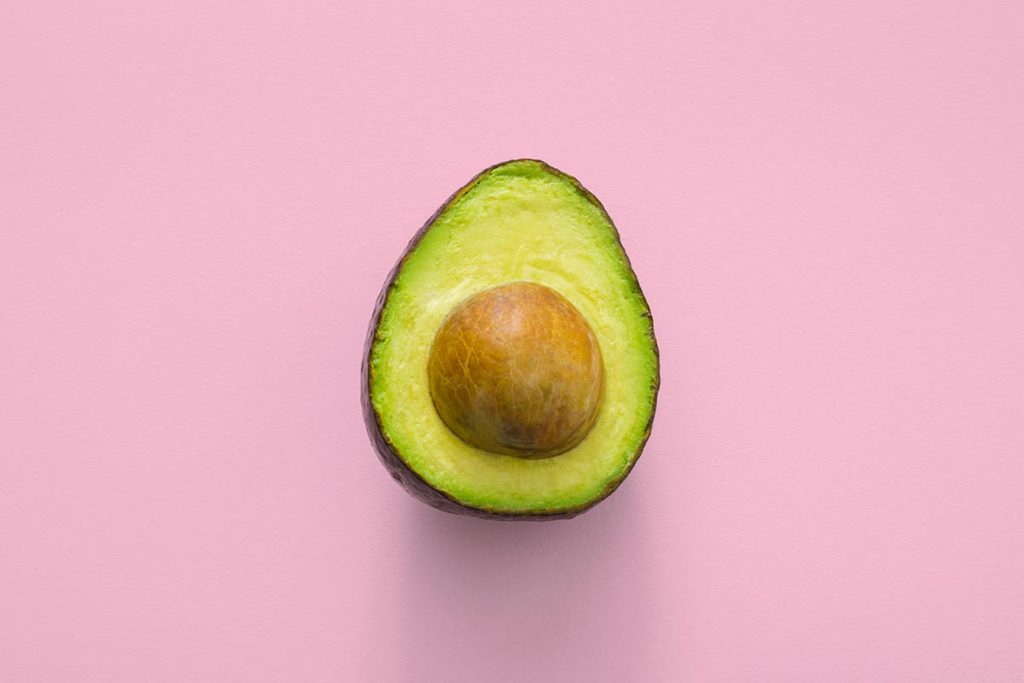
Avocado oil is extracted from the avocado fruit, so you get the nutritional benefits of the fruit itself. Avocadoes contain minerals, vitamins, fiber and healthy fats.
Pros
- High in oleic acid which is a monounsaturated fatty acid that may help relieve dry skin
- Pleasant nutty aroma
- Subtle avocado taste
- Easily absorbed by digestive tract and skin
Cons
- Very thick, heavy oil so not good for some skin types, like oily skin
- May reduce the efficacy of some medications, like warfarin
- Some people are allergic to avocadoes
- Usually more expensive than many other CBD carrier oils
6. Grapeseed Oil
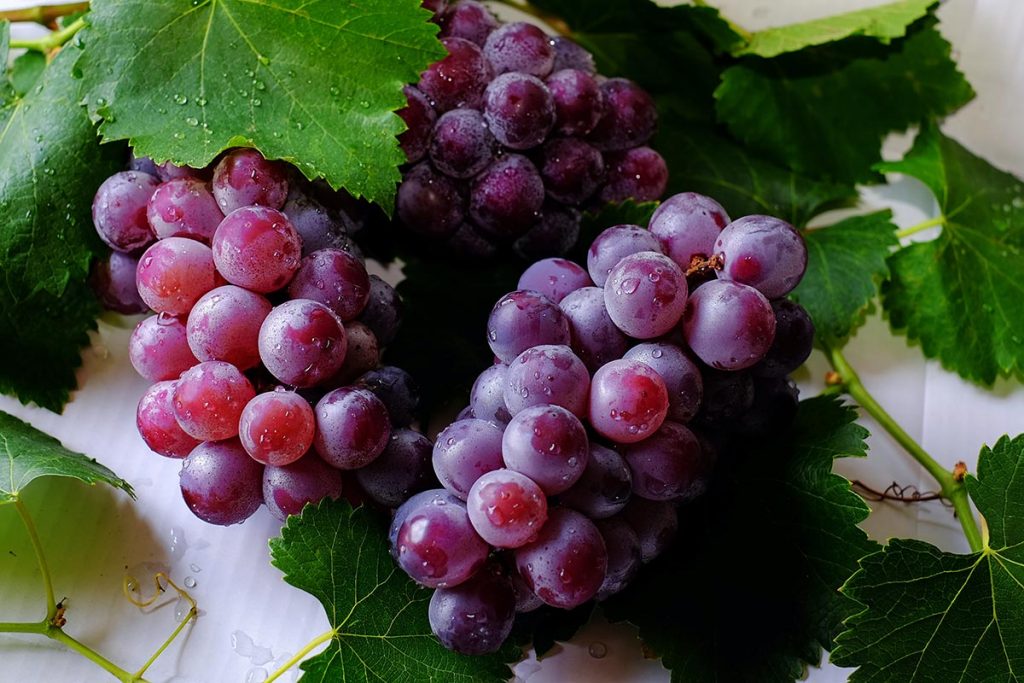
Just like the name implies, grapeseed oil is pressed from grape seeds. Grape seeds contain high amounts of flavonoids and antioxidants.
Pros
- Light or thin texture
- Not greasy
- Neutral, mild taste with no bitterness
- High content of omega-6 fatty acid and vitamin E
- High amount of flavonoids, phenolic acids, carotenoids and tannins
Cons
- May contain traces of chemical solvents used during processing
- Lower solvency compared to MCT oil
- Slower absorption compared to MCT oil
What Makes an Oil the Best Carrier Oil?
The best carrier oil for CBD has certain features that include the following.
- Promotes the best CBD bioavailability
- Easily digested
- Free of preservatives and harmful chemicals
- Cold-pressed because fatty acids subjected to heat denatures them (destroys the natural properties)
Summary
The CBD MCT oil benefits make this combination one of the preferred consumer choices. Because MCT oil is thinner, it makes a good CBD MCT oil tincture.
However, different carrier oils can serve different purposes. For example, olive oil may be used in CBD oil topically because it is thicker and more easily absorbed by the skin. Some people prefer CBD without MCT oil because MCT oil is highly processed. Each person is unique, and it is important to choose the carrier oil that works best for you. Fortunately, you have many choices in carrier oils today!
Sources
- https://www.ncbi.nlm.nih.gov/pmc/articles/PMC7558665/
- https://www.hsph.harvard.edu/nutritionsource/what-should-you-eat/fats-and-cholesterol/types-of-fat/
- https://www.ncbi.nlm.nih.gov/pmc/articles/PMC5805166/
- https://www.grandviewresearch.com/industry-analysis/medium-chain-triglycerides-mct-market
- https://www.ncbi.nlm.nih.gov/pmc/articles/PMC5044790/
- https://pubmed.ncbi.nlm.nih.gov/23165533/
- Lin TK, Zhong L, Santiago JL. Int J Mol Sci. 2017;19(1):70. doi:10.3390/ijms19010070
- https://www.ncbi.nlm.nih.gov/pmc/articles/PMC4988453/
- https://www.ncbi.nlm.nih.gov/pmc/articles/PMC3118035/
Share this post


Lisa Orlando
I am reading your articles and looking at some of your references, for which I am really grateful. But I am still confused. I understand that CBD is fat soluble, but I still feel unconvinced that oil works sublingually. Aren’t those molecules too large to be absorbed by mucosa?
My first encounter with CBD was via Endoca chewing gum. I felt nothing but, 24 hours later, my d**** had lifted, despite chronic p*** remaining. Now I take an oil with micronized CBD, and I don’t find that it has that kind of effect. So now I wonder if the CBD in the gum is actually absorbed by mucosa, because it’s water soluble, while the much stronger oil might be just passing through the liver and getting deactivated. Is this possible? Thank you.
****
This review has been edited by CBD.market to comply with restrictions from the FDA on claims.
Tony Rao
Hi,
You are going to want to hold the oil under your tongue for about 30 to 40 seconds for the CBD oil to be absorbed into your system for best results.